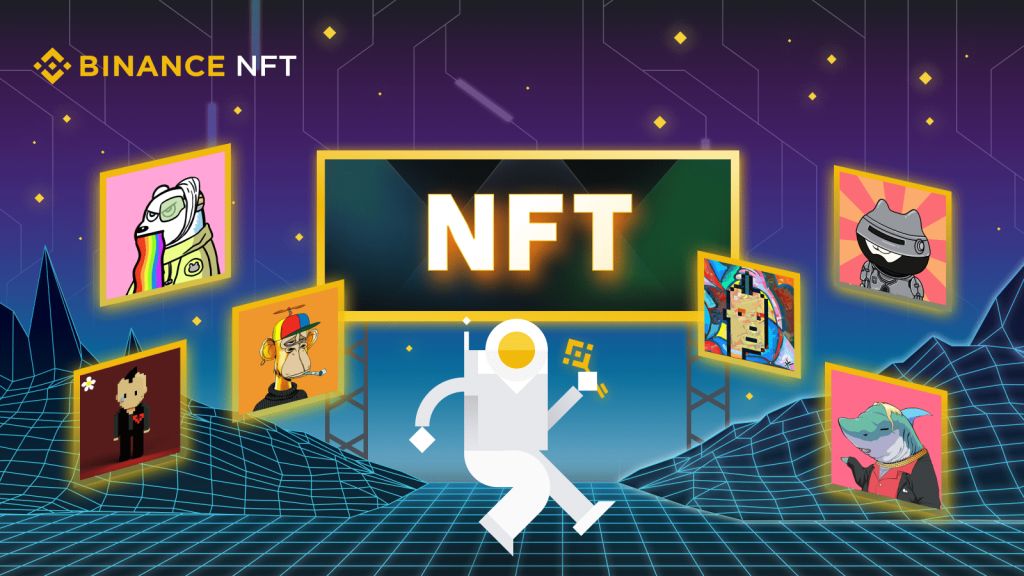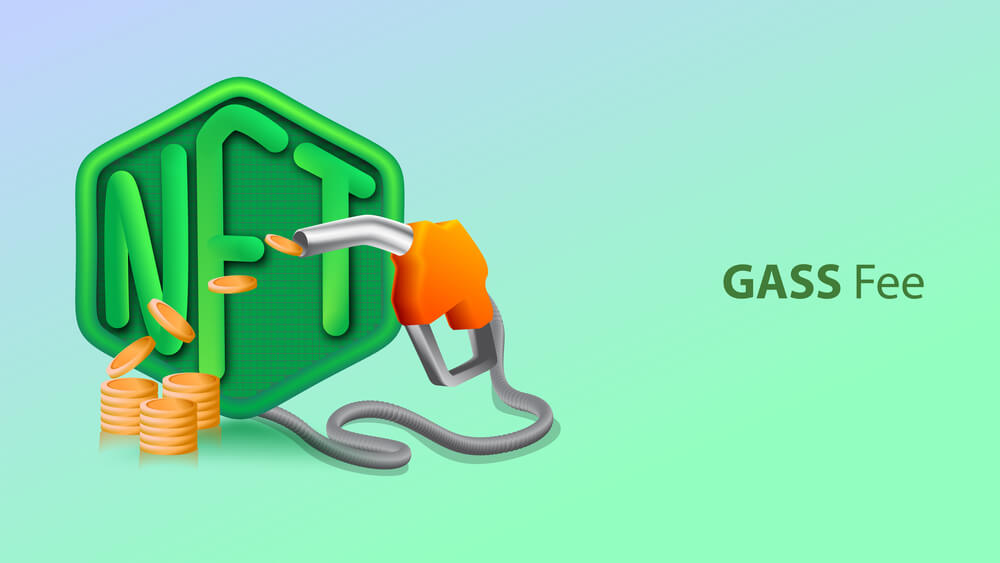HSBC, a major operator in the global banking industry, has taken a step into the digital asset space. The British bank’s recent announcement to offer custody services for tokenized securities marks a new development in the financial sector’s adoption of blockchain technology.
HSBC Partners With Metaco
By leveraging the expertise of Swiss crypto custody company Metaco, HSBC strives to offer secure storage for a wide range of digital securities. This partnership uses Metaco’s Harmonize platform, a solution customized for institutional needs that incorporates security and operational management for digital assets.
CEO and Founder of Metaco, Adrien Treccani, said:
“Metaco is excited to be working with HSBC as it continues to explore the applications of DLT in asset creation and custody. Custody infrastructure such as Metaco’s Harmonize, which integrates with financial institutions’ existing systems, will be critical to how issuers and investors interact, as capital markets and assets in general continue to be represented on distributed ledgers.”

The Role Of Tokenized Securities
Tokenized securities represent a digital transformation of traditional financial assets. By issuing regulated assets including equities and bonds on a blockchain, the tokens promise boosted efficiency and liquidity in the market. HSBC’s move highlights a growing interest in the potential of blockchain to modernize aspects of the financial industry.
Complementing its custody service, HSBC’s Orion platform is now at the forefront of issuing digital assets. The platform’s recent initiatives include a service for tokenized physical gold, which showcases HSBC’s commitment to growing its digital asset offerings.
Chief Digital, Data and Innovation Officer at HSBC Securities Services, Zhu Kuang Lee, commented:
“We’re seeing increasing demand for custody and fund administration of digital assets from asset managers and asset owners as this market continues to evolve. Through key partnerships, HSBC is delivering the next-generation custody infrastructure that will be scalable and secure. For asset servicers, there has never been a more important time to innovate, to collaborate and to create change.”
The Effect On Traditional Banking
HSBC now joins the ranks of other major banks, including BNY Mellon, in recognizing the benefits of digital asset custody. The trend points to the banking sector’s growing strategy to incorporate blockchain technology for different applications, including trading and payments.
The adoption of blockchain technology for tokenizing securities is not only about adopting digital currencies. It represents a major shift in the way traditional banking operations can be boosted via digitalization. HSBC’s venture into this sector indicates the industry’s readiness to explore new Blockchain technology a lot further.
Moreover, HSBC’s announcement is a lot more than an expansion of services; it represents the bank’s strategic foresight. By adopting digital asset custody, HSBC is preparing to cater to the evolving needs and preferences of its clients in the digital era while contributing to the shaping of the future financial landscape.





